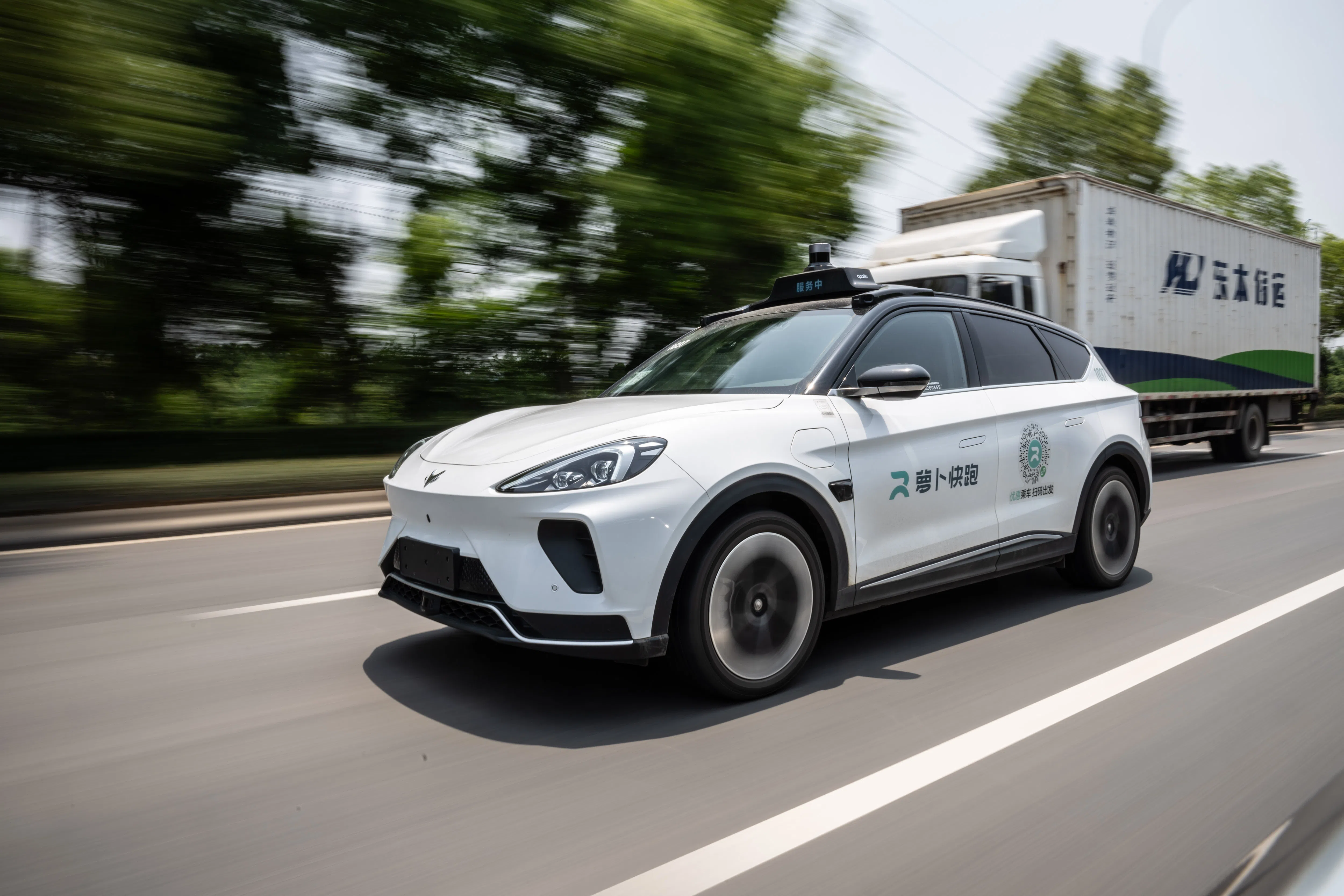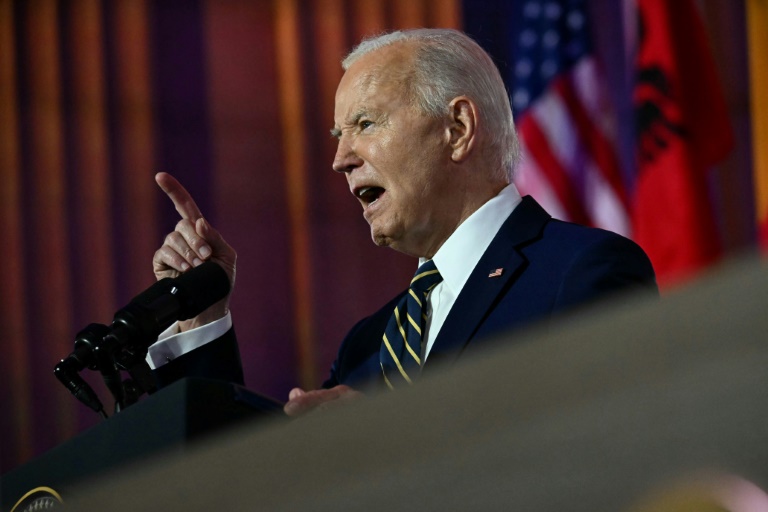BEIJING will support the introduction of robotaxis in ride-hailing and car rental fleets in the city as advanced driver assistance systems become more commonplace in China.
Draft guidelines issued by the Beijing Municipal Bureau of Economy and Information Technology provide that autonomous vehicles should have drivers or safety officers on board, or be able to intercept remotely, while robotaxis are in operation, and stipulated that any traffic violations should be handled based on local laws and regulations.
While the public has been invited to submit feedback, robotaxi fleets in other Chinese cities are already facing backlash.
Hundreds of pilot cars in Wuhan running under Baidu’s Apollo platform have sparked concern among taxi drivers about job losses. The robocars are generally cheaper than taxis. There have also been complaints from local residents about traffic jams and one car was recently involved in a crash that police are now investigating.
Regardless, Baidu’s shares jumped on Wednesday (Jul 10) on signs of growing popularity for its robotaxi, Apollo Go, in China.
Beijing’s move also comes as Tesla prepares to unveil its own robotaxi next month on Aug 8. A fully autonomous vehicle was first pitched to investors in 2019. Telsa CEO Elon Musk made an unannounced trip to China in late April where he secured tentative approval from government officials to deploy the company’s advanced driver-assistance system in the world’s biggest auto market.
BT in your inbox
Start and end each day with the latest news stories and analyses delivered straight to your inbox.
It’s not clear whether Tesla’s automated cars will be regarded as “qualified operators” by Beijing once its rules are finalised and if the vehicles are released in China.
Earlier this month, Tesla’s locally built cars in China made it onto a provincial government’s procurement list, meaning that Communist Party workers can buy them for official use for the first time – a sign Beijing’s long-running safety concerns over the wholly-owned foreign automaker may be dissipating.
Despite what some drivers may think, Tesla has yet to offer features that can safely be used without people keeping their eyes on the road and hands on the wheel. Tesla has had to recall millions of cars and has faced many lawsuits in the US over crashes that have involved its driver-assistance system, which is sold separately and has been a perpetual revenue letdown. BLOOMBERG







